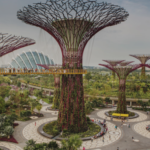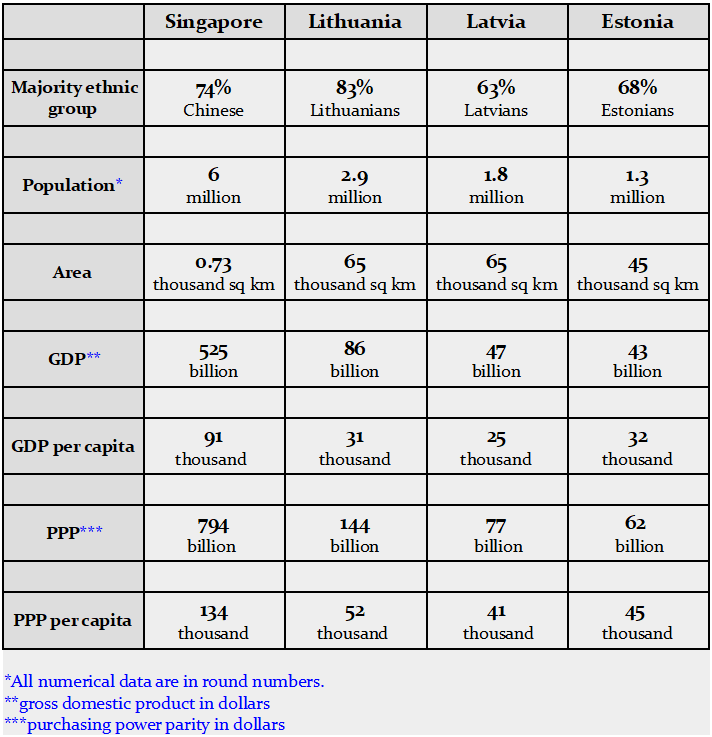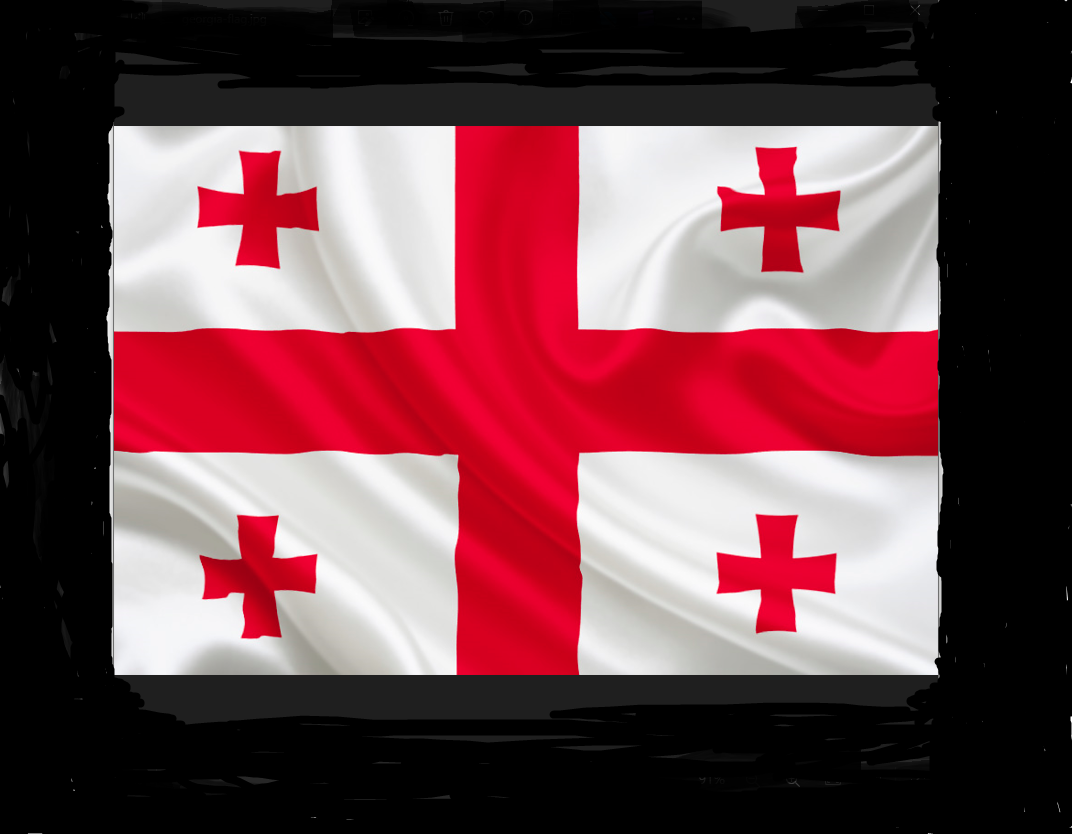The Middle Kingdom is becoming, well, a middle kingdom, indeed, with Europe’s economic and political clout diminishing, and with the United States being about to commit national suicide. If the Old Continent continues spiralling downwards, if America morphs into another Mexico-cum-Venezuela due to the willed change in its demographic make-up, if China takes Africa under control as it seems capable of, then really all the world is going to become an appendix to the billion or so Chinese, while Beijing is going to become the new centre of the globe, supplanting London and Paris, Washington and New York.
It does not take a genius to see that Africa is not going to develop in the way North Korea or China or Vietnam have. Africa, once finding itself under Europe’s stewardship, having been rather economically unsuccessful on its own for a couple of decades, is now going to look to China for aid and counsel. In one of the latests acts of liberating themselves from the vestiges of the white man’s protectionism, a number of countries of the Dark Continent have recently expelled or are in the process of ousting either French or American troops. What are they planning on instead? Most African countries are willing to cooperate with Beijing. The prospects look great, but it remains to be seen whether China will not become a new colonizer; it remains to be seen how much time will it take Africa to view the Middle Kingdom as a new colonizer. Aid of whatever kind always comes with strings attached. If Eastern European nations could not understand this most basic truth which their leaders should have learnt in their childhood reading or listening to Aesop’s fables (i.e. most elemental human experience encapsulated in very short stories from half a century before Christ) and rushed into the European Union where angels feared to tread, the same is highly likely to happen in the case of the Dark Continent i.e. that African leaders will rush into the Chinese embrace without giving it a second thought. As a result, Africans will increasingly rely on Beijing’s help only to regret it later on.
How about China’s periphery? China’s periphery is wallowing in its putrefaction. Europe for that matter has not only withdrawn from Africa, but it has been demonstrating now and again suicidal tendencies. Europe led by the leftist – Trotskyist – elements shows no willingness to survive, let alone to fight, unless, of course, it is muscle flexing in its dealings with Russia. Otherwise, both Europe and Europe’s historical extension – the United States – are enacting laws on killing babies in mothers’ wombs, on mercy-killing of the old, of the ill-constituted, of the physically and mentally weak, of the terminally ill; Europe and its historical extension are having their indigenous populations replaced with non-Europeans; Europe and the United States are increasingly gravitating towards moral laxity, ugliness in literature, music and the arts, towards planet worship and economic de-growth. The Trotskyists who run the Old Continent with their Antifa storm-troopers seek to bridle free speech and freedom of association, tend to eradicate nations and races, and struggle with nature itself: in their arrogance they want to control biological sex i.e. turn men and women into a myriad of sexual orientations. This 21st century Tower of Babel (the European Parliament building is its one-to-one reflection, see the painting by Pieter Bruegel) is soon to share its fate with its Mesopotamian predecessor. Would to God its collapse did not entail too much tragedy.
Gefira Financial Bulletin #85 is available now
- Africa in the hands of China
- Faces of Europe, Faces of the West
- Biden is an enemy of OPEC+
- Semiconductors


















